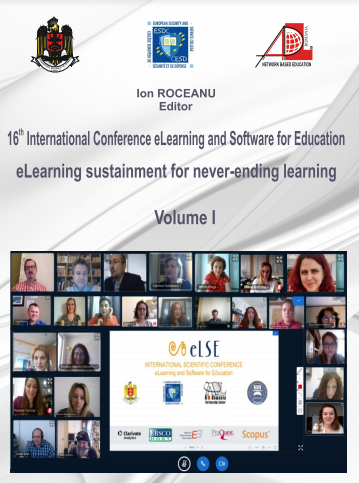RECENT COMPUTATIONAL INTELLIGENCE DEVELOPMENTS: TECHNICAL AND SOCIAL ASPECTS
RECENT COMPUTATIONAL INTELLIGENCE DEVELOPMENTS: TECHNICAL AND SOCIAL ASPECTS
Author(s): Alexandra Stefania Moloiu, Grigore Albeanu, Florin Popentiu -VladicescuSubject(s): ICT Information and Communications Technologies, Distance learning / e-learning
Published by: Carol I National Defence University Publishing House
Keywords: machine learning; character recognition; ECG individual identification; robust face identification; deep learning;
Summary/Abstract: Computational Intelligence (CI) is a dynamic field of research, covering a large range of processing methods and providing value to many real-life applications. From fuzzy reasoning, through evolutionary computation to machine learning (ML), important CI paradigms proved value in science and technology. However, learning from data through examples, as a ML way of thinking, is the main characteristic of the new smart systems. Old systems used pre-programmed rules to help a decisional process mainly human centred. Machine learning is developed taking into account methods from computer science, statistics, and data science. Learning from data is possible by processes of supervised learning, unsupervised learning, semi-supervised learning, reinforcement learning, transduction, and learning to learn (inductive). Mainly, mathematical support is based on optimization techniques for neural network training. Matlab, Python, and various frameworks belong to technological support for implementation and testing. This paper gives a broad view on recent computational intelligence algorithms and presents some appropriate case studies covering character recognition, electrocardiogram (ECG) analysis for individual identification, and robust face recognition. Deep learning approach is used for robust face recognition. Experiments with some multilayer neural network architectures are presented. The performance of such identification systems depends not only on the method used for feature extraction but also on the type of matching algorithm, and the interval of time allocated for training.
Journal: Conference proceedings of »eLearning and Software for Education« (eLSE)
- Issue Year: 16/2020
- Issue No: 01
- Page Range: 429-436
- Page Count: 8
- Language: English

